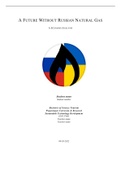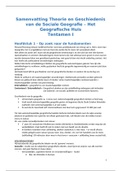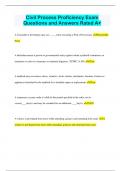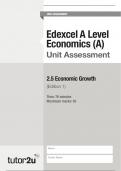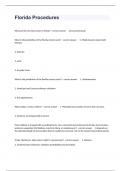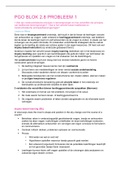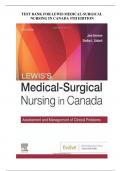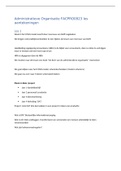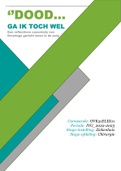Essay
Mini Essay Sustainable Technology Futures, grade: 7,5 (ENP-37803)
An essay for which I have obtained a 7,5. The assignment was as follows: This second and last individual assignment is to write an essay of max 1500 words in which you critically analyse the sustainable technology futures as you can find them in the media around one of the topics being discussed...
[Meer zien]
